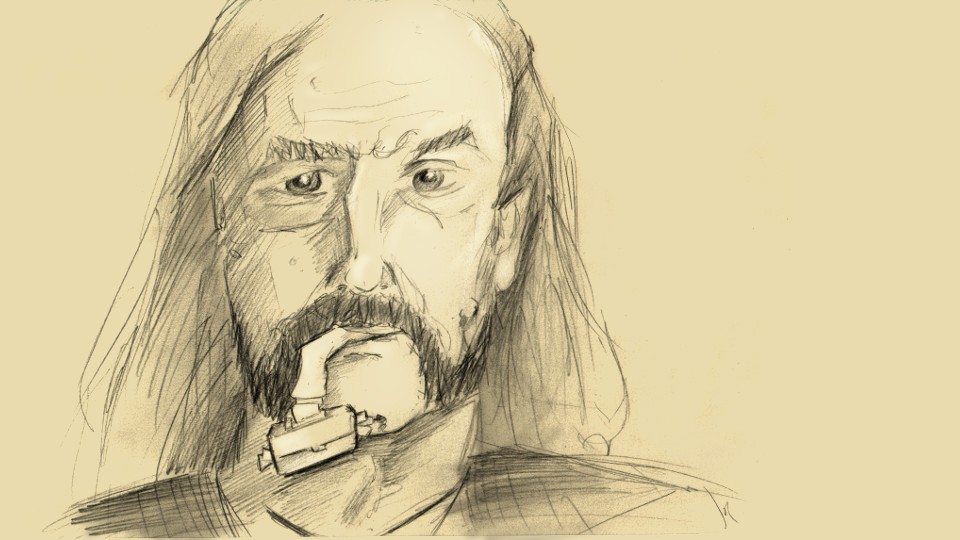Come on Baby, Eat the Rich!
Shifting and redistributing money & power through the web
Why do we get the impression that much of business in general – and web business in particular – is so awfully concerned with making loads of money in no time? This seems to be the ideal case for many people. And they seem to be ready to sell their grandmothers for it.
But shouldn't we question this way of thinking? Wouldn't it be better to just have enough money to live comfortably and having earned it by doing something well? Shouldn't we then invest the money we made into something substantial, supporting people who do the same? It seems that over the last couple of years, we have somehow lost touch with the soil: we have no idea anymore where the immense amount of products we consume comes from.
But this is about to change: Thanks, not least, to the internet, we can make a difference again and have more possibilities to do the right thing. While this requires you to think (and I highly recommend David Foster Wallace's guide to thinking: "This is Water"), to inform yourself, and to make conscious decisions, you hopefully simply won't be able to avoid doing the right thing: Taking from the big, bloated, monstrous companies by supporting the small, friendly, innovative ones.
The benefits, as well as the disadvantages of the latter ones are quite easy to delineate. While they don't have tons of money or manpower at their free disposal, they can afford to have relatively level hierarchies, constant team interaction, quick decisions, and the crazy motivation to keep their hearts beating and be productive. This is the environment where true innovation can spark up.
What's more: it just feels better to support small bands, local farmers, the tiny fashion label, or your trusted bookstore at the end of your street. Or, for that matter, awesome indie games, great apps, or web services – produced lovingly, without the desire to get rich; instead with a will to create something beautiful and make a living with what you love. If this is combined with customer and community interaction, we should make an effort to support it. It strengthens the small companies and the big ones will eventually realize that they, too, have to produce great quality and listen to the people.
Which brings me to my last point: the democratic principle. There are ways to finance your projects – all the crowd-funding platforms are so great, precisely because they follow a direct democratic idea. Present an idea and have people support it. Or not. Let's be honest: the coolest and most innovative stuff in recent times that required not only skills but also money has come from these platforms.
And finally, we should not forget that the internet is a tremendously powerful tool. Why not use it for sharing, for helping, for redistributing resources more justly and equally?
Although this article should be read as advocating the change of a mindset and incorporate it into a daily base for thinking about what you do, you can of course also always donate or use web services that are specifically devoted to helping. Now, if you still have absolutely no idea how to do good things with the web, check out these links as something like a stopgap:
12 ways to do good on the web by Jennifer Horton
7 Easy Ways to Do Good Online Beyond Donations by Kelley Fernbacher


